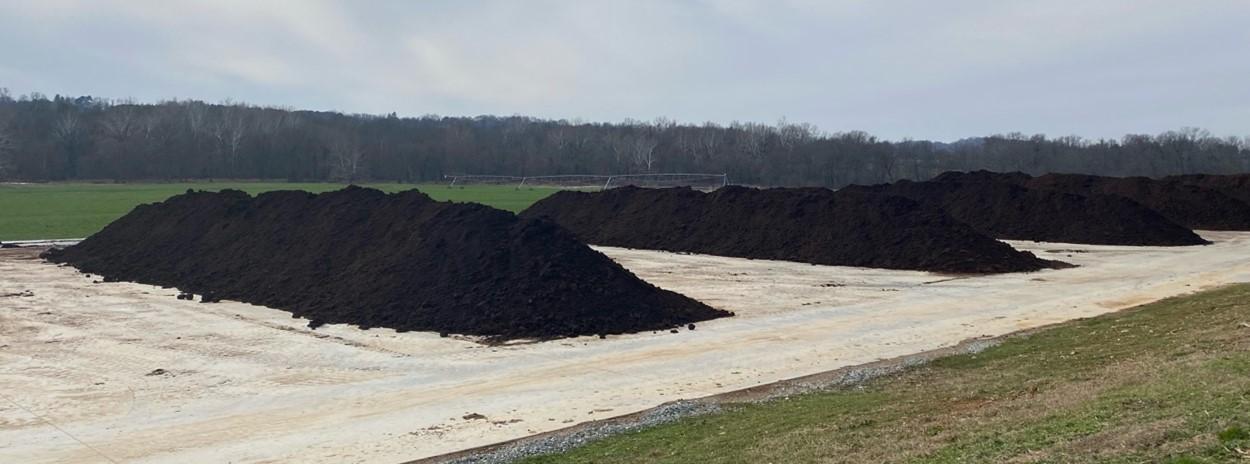Composting is a natural, biological process that transforms organic materials into a nutrient-rich soil conditioner called “compost.” Composting involves the controlled aerobic decomposition of organic waste, including kitchen waste (such as fruit, vegetables, and coffee grounds) and yard waste (such as leaves and grass clippings). The composting process produces heat, which decreases pathogens, viable seeds, and the volume of the organic materials. Composting reduces greenhouse gas emissions and allows nutrients from waste to be returned to the agricultural production systems, enhancing the circular bioeconomy.
Composting Fact Sheet Konpostaj (kreyol ayisyen) Compostaje (Español)
